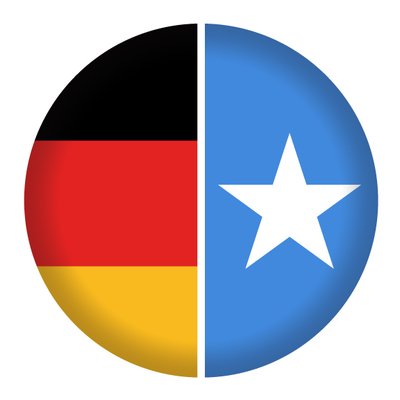Nairobi (SONNA) – The German Federal Foreign Office (GFFO) has granted a 12 million Euro top up for the Somalia Humanitarian Fund (SHF) doubling Germany’s total contribution to the SHF for 2021 to 24 million Euro.
The funds will be used to assist people in coping with the deteriorating drought conditions. The announcement follows another top up of 7 million Euro for activities of the World Food Program (WFP) last week. Together with other additional funding Germany’s total contribution for humanitarian assistance in Somalia in 2021 amounts to over 64 million Euro. Germany continues to stand with Somalia and its people to manage the drought and its consequences as well as possible.
The additional funding comes at a very critical time. Somalia is currently battling a drought after the third consecutive below average rainfalls in November. The United Nations (UN) has estimated that 7.7 million Somalis will be in need of assistance in 2022. This will lead to further aggravation of internal displacement already at a record 2.9 million IDPs in the country, rapid urbanization, hunger, malnutrition and access to education. Germany responds to calls of government, non-governmental organization and international institutions to avoid the predictions of 3.8 million people due to face acute food insecurity at Crisis (IPC Phase 3) levels or worse through January, possibly rising to 4.6 million people by May and some 1.2 million children under the age of five likely to be acutely malnourished in 2022.
“Together we can achieve more and are stronger to mitigate the drought’s effects. Germany is proud to be part of the effort and committed to work with its partners and the international community to not only engage in the current drought, but to find durable and long term solutions to recurring climate shocks in Somalia.” States Martin Stein, Head of Humanitarian and Stabilization Affairs for Somalia at the German Embassy in Nairobi.
As the biggest bilateral donor to the SHF Germany strongly supports multilateral responses in order to coordinate a more effective and holistic approach to emergencies. Furthermore, increasing the availability of regionally flexible funds as applied with for instance WFP further enables rapid response and our partners to target vulnerable populations more adequately.
Source:SHF





